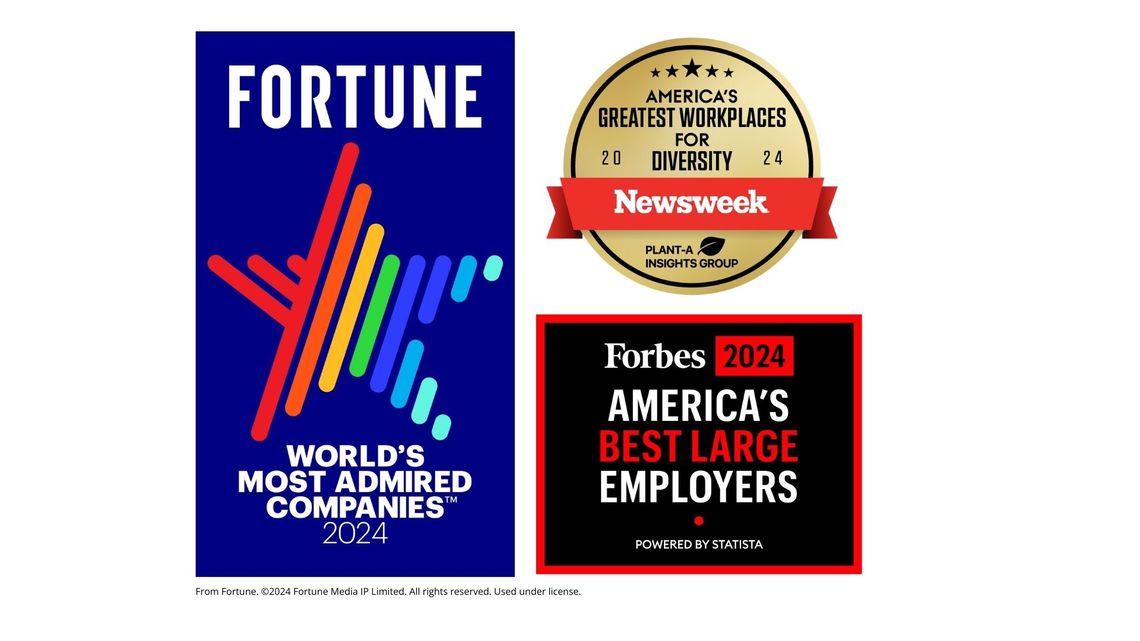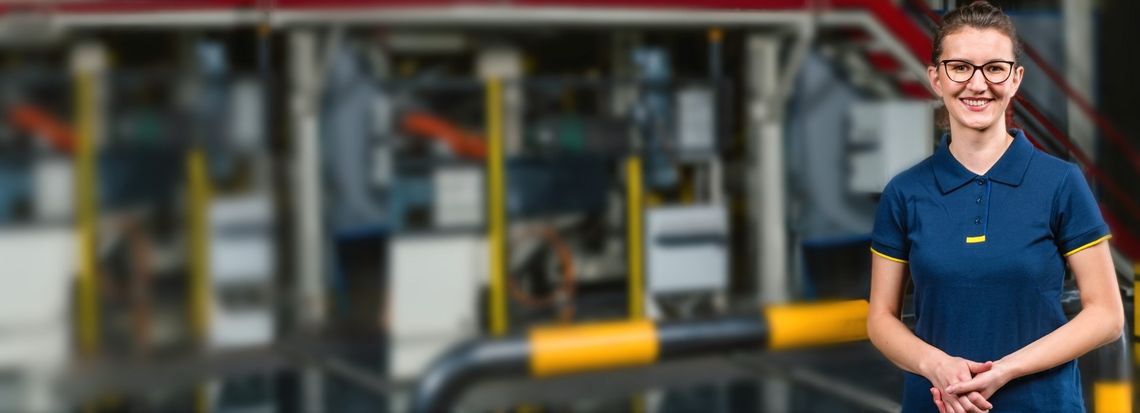Why you should join us
Student Opportunities

AWARDS AND RECOGNITIONS
World’s Most Admired Companies - #1 in the Motor Vehicle Category, Fortune (2024)
America’s Best Large Employers – #1 in the Automotive Industry Category, Forbes (2024)
Canada’s Best Large Employers – Forbes (2023)
Excellence Awardee – Canada’s Safest Manufacturing Employer Category, Canada’s Safest Employers Awards (2023) for Pictou County facility.
America’s Greatest Workplaces for Diversity – Newsweek (2024)
Best of the Best – Top Companies for Hispanics, DiversityComm (2024)
Best of the Best – Top Black Employers, DiversityComm (2024)
Best of the Best – Top Women Employers, DiversityComm (2024)
We want to meet you
Michelin in the World
Equal Opportunity Employer
Michelin is an equal opportunity employer and is committed to taking positive action to ensure that every employee will be afforded the opportunity to make the maximum contribution to the objectives of the Company without regard to race, color, religion, disability, national origin, military and veteran status, sex, pregnancy, childbirth, medical needs arising from pregnancy or childbirth, medical conditions related to pregnancy or childbirth, including, but not limited to, lactation, sexual orientation, gender, gender identity, gender expression, marital status, age, citizenship, genetic information, political belief, or any other characteristic protected by applicable law.
